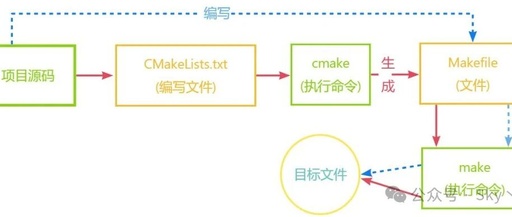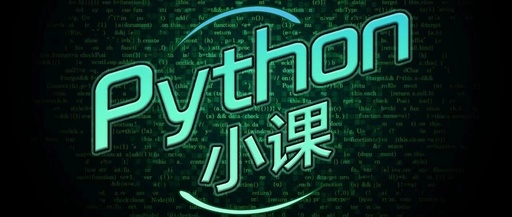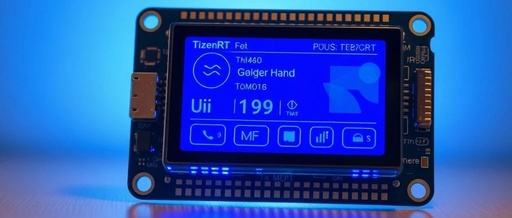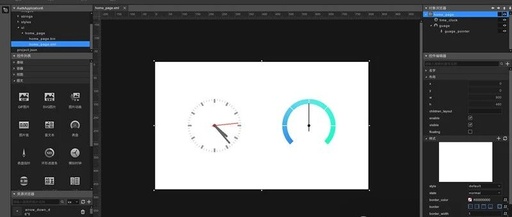Struggling to Find Paths with CMake? The Find Family Commands Make It Easy!
Click the blue text to follow the author 1. Introduction In complex software projects, dependency management is one of the core challenges during the build process. When we use CMake to build projects, we often need to introduce external libraries, header files, executables, or configuration files. Manually specifying the paths for these external dependencies can … Read more


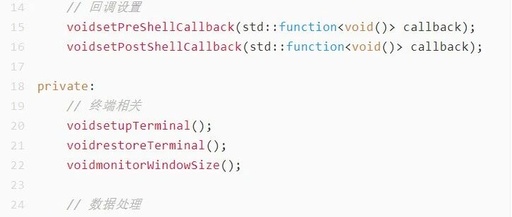
![[Open Source] RustDesk: A Revolutionary Choice for Open Source Remote Desktop](https://boardor.com/wp-content/uploads/2025/10/f3fc31c5-f087-431a-96e1-1ce20187ec31.jpg)

